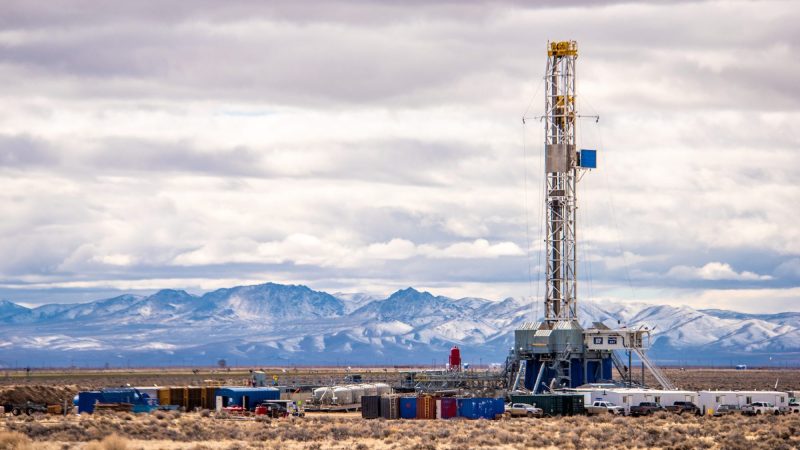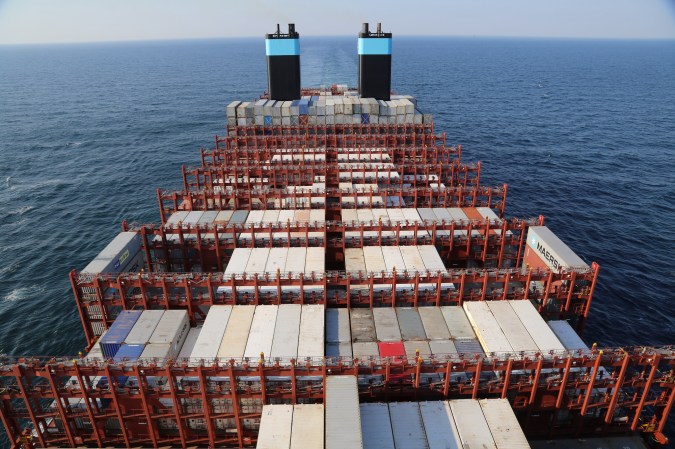

This article was originally featured on Hakai Magazine, an online publication about science and society in coastal ecosystems. Read more stories like this at hakaimagazine.com.
Satyam Tripathi, a 27-year-old seafarer from Uttar Pradesh, India, leans against the railing of the MT Pablo, the oil tanker that has been his home for the past several months. Though the days at sea often blur together, today stands out as vividly as the South China Sea below. Today is his birthday.
Moments later, his mother calls on WhatsApp. How are you? she asks, forgetting her birthday wishes for her usual motherly enquires: are you as happy at sea as I know you to be on land? Tripathi had acclimatized quickly to life in the merchant navy. The oil tanker is a surprisingly social place, and his head is filled with romantic ideas of a life on the ocean. He reassures her: yes, mother, I’m still happy.
That afternoon, on May 1, 2023, the Pablo exploded off the Malaysian coast.
The crew were thrown by the blast. Adrift in the ocean, clinging to charred metal, most of the ship’s 28 crew waited anxiously for nearby ships to scramble to their rescue.
Twenty-five seafarers were saved in the immediate aftermath of the explosion. The Malaysian Maritime Enforcement Agency spent days searching for the rest. But three remain unaccounted for, Tripathi among them.

Footage of the incident spread quickly across the messaging service Telegram, where fellow seafarers prayed for the missing crew. But within hours, rumors began to swirl of what kind of ship the Pablo really was.
As staff at the ship-tracking service Tanker Trackers noted, the Pablo had spent years smuggling Iranian oil. The vessel also featured on a list of ships under investigation for sanctions-busting by the organization United Against Nuclear Iran. It quickly became clear that for as long as Tripathi had been working on the ship, the vessel he’d called home had been smuggling oil for the Iranian regime.
The ship was a member of the so-called shadow fleet, which emerged in 2018 shortly after the United States reimposed a flood of sanctions against Iran. The sanctions had been waived in 2015 as part of an international effort to end Iran’s nuclear program. But in May 2018, then-president Donald Trump reversed course. In response, Iran enlisted a fleet of vintage tankers to secretly transport its oil without US oversight.
These ships are in poor shape. Many, says Samir Madani, cofounder of Tanker Trackers, were on their way to the scrapyard. “But buyers would show up with a slightly better offer, and then keep them operating for a few more years,” he says.
So, too, with the Pablo. Before it was rechristened, the vessel was variously known as the Olympic Spirit II, the Mockingbird, the Helios, the Adisa, and a handful of other names. Already past its prime, the ship was sold to an undisclosed buyer for demolition. But a few days later, the deal quietly fell through, and the vessel began operating in the shadows.
Tripathi’s family only learned he was missing a few days after the explosion. By then, the search for survivors had been called off.
Shubham Tripathi, one of Satyam’s two brothers, received a single phone call from Satyam’s employer: “We were told there had been a disaster, that he was missing, but that no one was looking for him.”
Desperate, Shubham took to Google. “That is when I saw everyone talking about the smuggling.” It was his first time hearing about the shadow fleet, and he was shocked by what he read. But of one thing he was certain: “Satyam did not know.”
His assumption is not simply brotherly protectiveness. Michelle Bockmann, a senior analyst at Lloyd’s List Intelligence, a shipping industry intelligence and analytics firm, says that “to suggest that any of the crew on board a ship like Pablo are somehow aware of the smuggling is a really unfair assumption to make.”
As far as Satyam was aware, he was undertaking a nine-month contract as a deck fitter on board a legal vessel. He’d found the job through SeaSpeed Marine, a certified crew management agency in Mumbai, India. It appeared to be an entirely legitimate and respectable job, and he was praised by his friends back home.
Yet the same clandestine operations that keep the illegal oil flowing also make it all but impossible for the Tripathi family to find closure. The ship’s registered owner, Pablo Union Shipping, is a shell company that cannot be traced. The vessel’s insurance is listed as “withdrawn” on most shipping websites. “We have complained, but what else can we do?” Shubham says. “They do not care for us.”
With no one to claim responsibility for the wreckage, the Pablo now sits abandoned—a hazard to ships off the Malaysian coast.
Working on a decrepit ship is dangerous. But those who did know the Pablo’s true purpose routinely put the crew’s lives in jeopardy.
Before the explosion, Satyam’s Facebook activity showed multiple check-ins in Malaysia, where the shadow fleet conducts risky ship-to-ship transfer operations—passing oil from one tanker to another to disguise its origin. These outlaw tankers conduct their transfers far out at sea, often with their mandatory automatic identification system location trackers disabled. They also overlook standard safety procedures. “These operations happen without tugboats and a boom line to assist,” says Madani.
Against that backdrop, the Pablo’s fate is likely a preview of what’s to come says Sam Chambers, a shipping expert and editor at Splash, a shipping industry trade magazine.
In late 2022, in response to Russia’s invasion of Ukraine, the European Union and G7 countries slapped sanctions on seaborne Russian oil. Like Iran, Russia is turning to the shadow fleet, often recruiting the very same tankers—staffed with crews sourced through the same crew management companies—that have experience smuggling Iranian oil.
Chambers says that with Russia joining Iran in seeking out the shadow fleet, there is a growing risk of substandard vessels running into trouble.
Right now, many more people like Satyam are unknowingly engaging in oil smuggling, having their lives put at risk to circumvent international sanctions. It’s likely that many more will suffer for it.
This article first appeared in Hakai Magazine and is republished here with permission.























